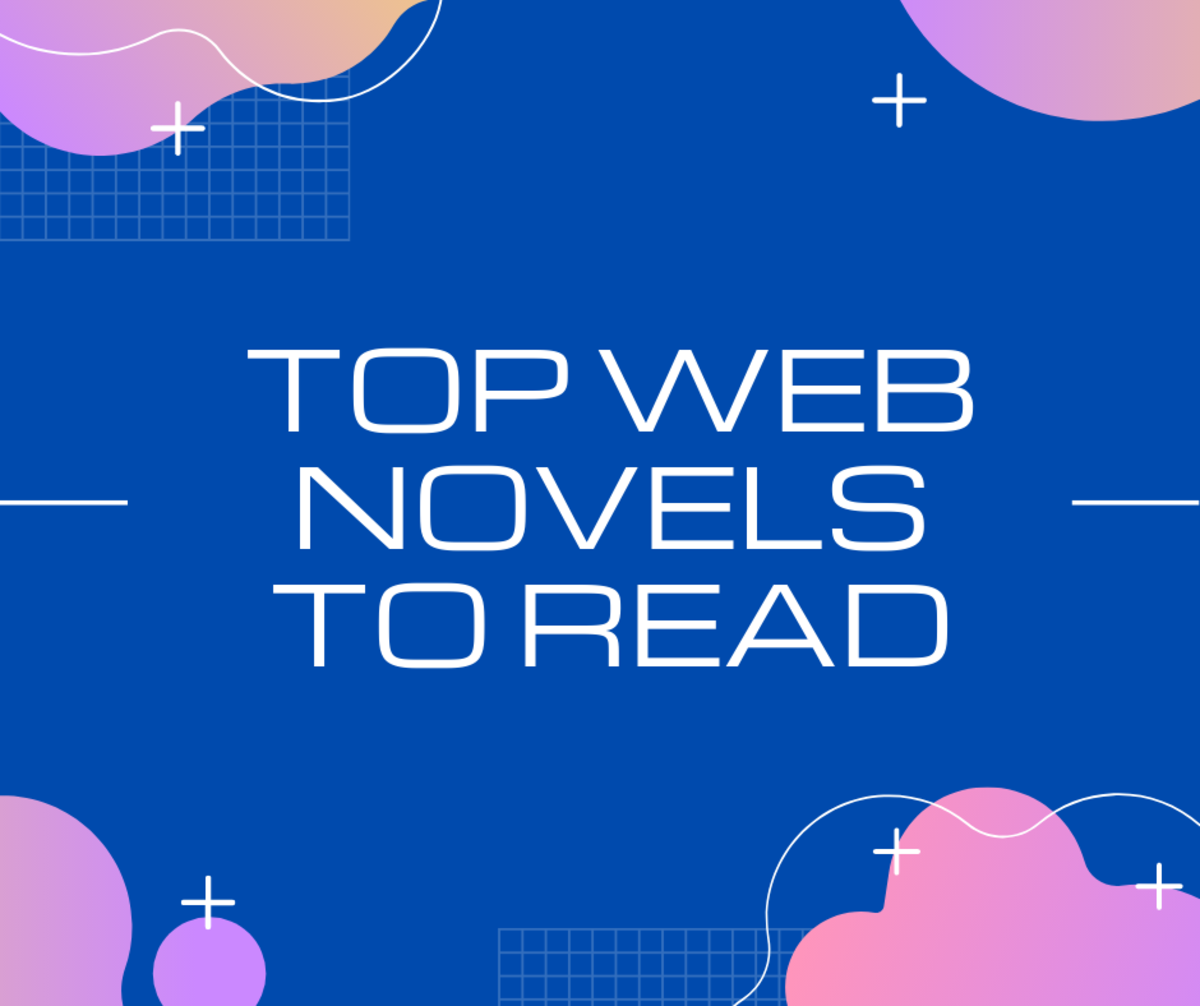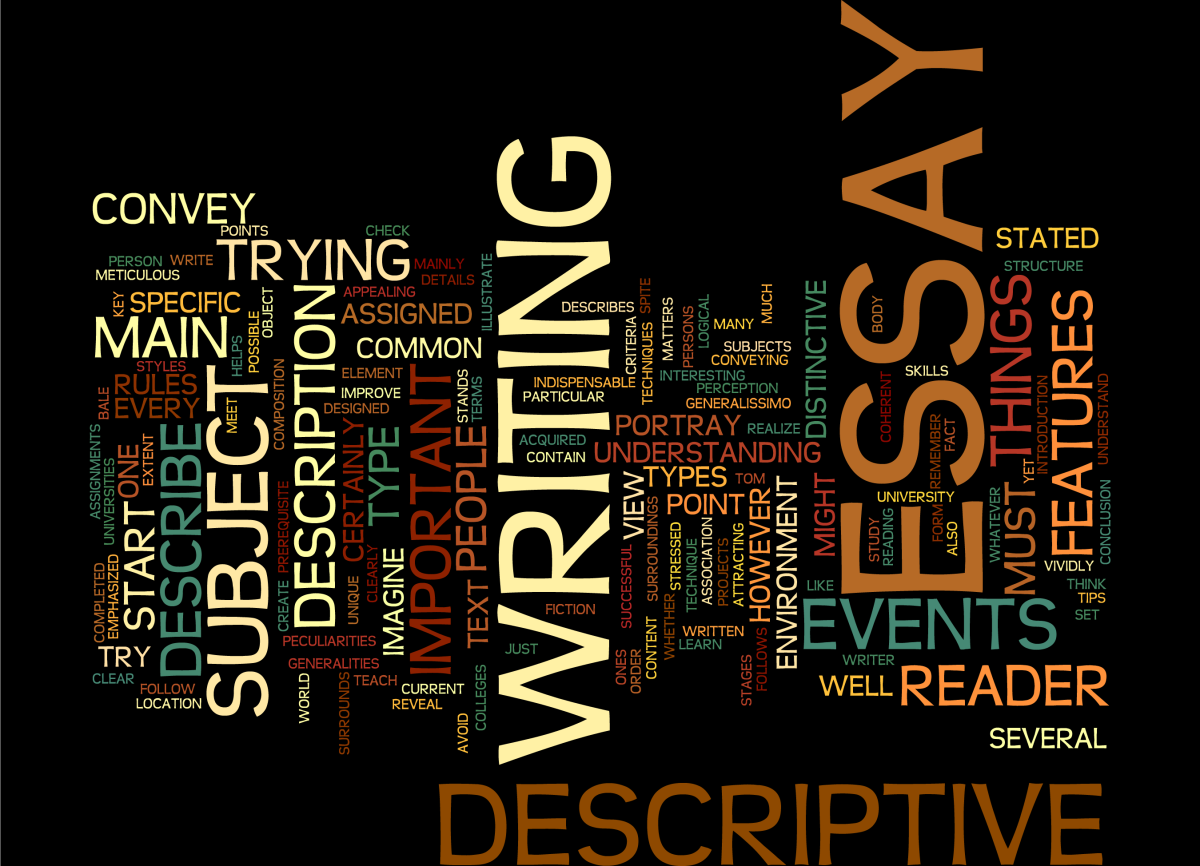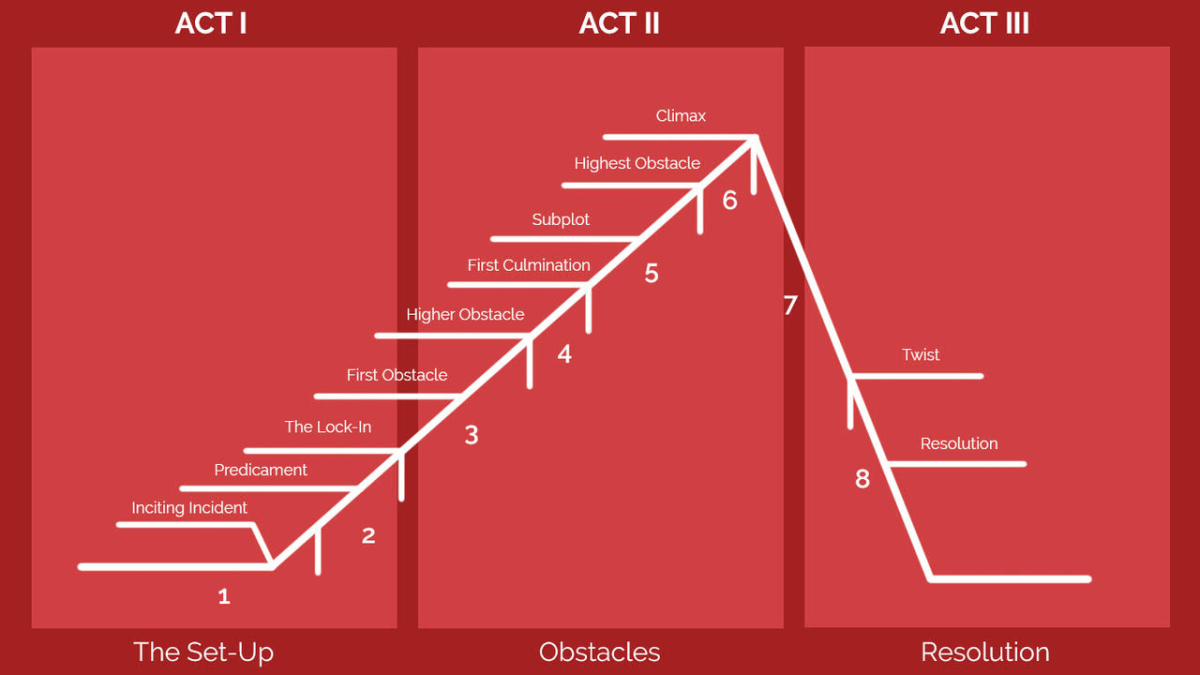What is an Epilogue and When Do You Use One in a Novel?
One School of Thought
There are those who feel that an epilogue is completely unnecessary. To those people I would simply say that they should watch the epilogue on the cult-classic film “Animal House” and then re-consider your opinion.
But I have jumped ahead of myself. First let’s give you a working definition of an epilogue and then I’ll explain when they are perfectly acceptable.
An epilogue is a short addition or concluding section at the end of a literary work.
And yes, I can hear you saying, “Well, if it is a conclusion then why not just make it the concluding chapter? Why call it an epilogue?”
A valid question for sure. Hopefully it is one I will adequately answer in this article.
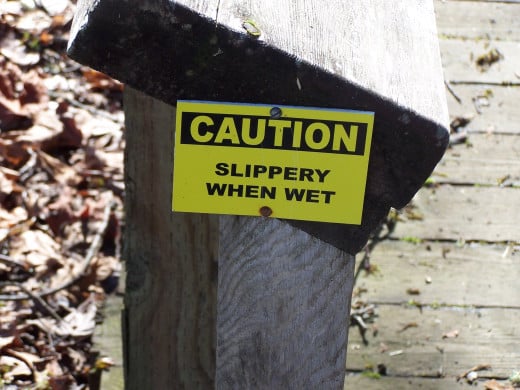
Why You Should Not Use an Epilogue
There must be a very clear reason for an epilogue. If you are using one simply to tie up loose ends in a nice neat package, then you are misusing this grammatical tool. Tying up loose ends is the job of your last few chapters and not the job of an epilogue.
If not used properly an epilogue will end up seeming like unnecessary fluff….deadweight without a purpose….and you just might send the message to the reader that you had no confidence in your weak ending so you decided to buff it up a bit.
When You Should Use an Epilogue
There are some situations where an epilogue is perfectly appropriate. Let’s take a look at some of those.
When your story ends with a traumatic or violent climax….say your main character dies….then an epilogue can be used to give the reader some closure. Similarly, when the fate of your characters is not really known after such a violent climax, an epilogue can be used effectively.
There are some who will say that when your ending raises more questions than it answers, an epilogue is necessary, and there are those who will respond that your ending should not be so weak as to leave the reader dangling like that.
If you would like to point out to your readers the consequences or results of story events, an epilogue can be used to do so.
There are also times when there is important information that was not covered in the climax of the story. Say the story ended with a main character suffering from lung cancer. In this case an epilogue might be nice so the readers know the outcome of that cancer patient…..or…if one of the main characters gives birth at the end of the story, you might like to let the readers jump ahead several years and find out how that child is doing. Remember, though, that there has to be a clear and valid reason for doing this.
Those who write a series of books based on one main character, like private eye novels, can effectively use epilogues to suggest the future of that character. An epilogue is quite effective if a sequel is being planned; it will serve as a bridge to the next book in the series.
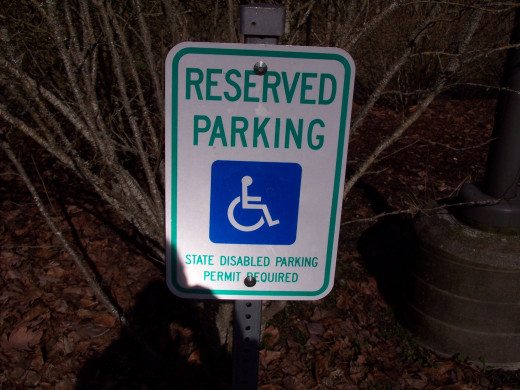
A Couple Examples
Let’s take a look at a couple famous epilogues from days gone by. First, from “Romeo and Juliet” by Shakespeare:
“A glooming peace this morning with it brings;
The sun for sorrow will not show his head.
Go hence to have more talk of these sad things,
Some shall be pardoned, and some punished,
For never was a story of more woe
Than this of Juliet and her Romeo.”
And another from Shakespeare’s “As You Like It,” spoken by Rosalind:
“…and I charge you, O men, for the love you bear to women— as I perceive by your simpering, none of you hates them— that between you and the women the play may please. If I were a woman, I would kiss as many of you as had beards that pleased me, complexions that liked me, and breaths that I defied not. And I am sure as many as have good beards, or good faces, or sweet breaths will, for my kind offer, when I make curtsy, bid me farewell.”
And Now for a Bonus
How do you write an epilogue? There are no set rules regarding the format of an epilogue, but these guidelines might be helpful:
- Keep the point of view consistent with the rest of the novel. In other words, if the novel is told in first person, then the epilogue should be in first person
- Decide where you want to continue the story. Is the epilogue told a day later? A year later? Twenty years later?
- Decide who is going to be in the epilogue. Will there be one character or several characters?
- Plan the scenario for the epilogue. Remember, this short addition must flow smoothly from the rest of the novel.
- Avoid “happily ever after’ or other clichéd endings. Those types of epilogues are for mundane writers and that is not you.
- Consider a different format for your epilogue to give it some punch. You might write your epilogue in the form of a poem to give it that extra kick.
- If you are considering a sequel, use the epilogue to hint at an unresolved conflict, one that will be resolved in the next book.
- Decide on the length of the epilogue. Normally they are reasonably short, but that is the norm and not the rule.
Join me on my writing blog
- Artistry With Words | A topnotch WordPress.com site
A treasure chest of ideas, tips, and discussion about writing

Final Thoughts
If you have been paying attention, and if you have minimal knowledge about writing, you will reach this point and still not be sure whether to use an epilogue or not; believe me, I know it’s a bit confusing.
For most novels, if the novel is well-written, an epilogue is not necessary. During the climax and conclusion, most questions have been answered in a finely-written novel. In the humble opinion of this author, in 90% of the novels written today, an epilogue is not necessary. The only time this author would consider using one is if a series were planned, and the goal was to lay the groundwork for the next book in the series.
Still, there are writers out there who firmly believe in epilogues and use them often, and to those writers I say BRAVO!
2014 William D. Holland (aka billybuc)
“Helping writers to spread their wings and fly.”





